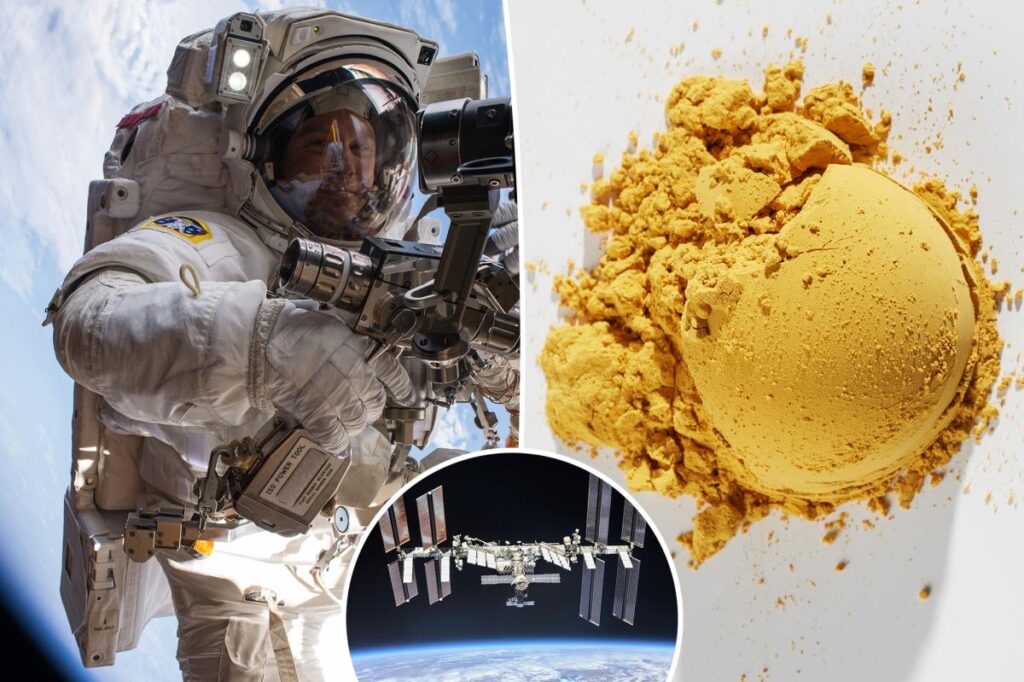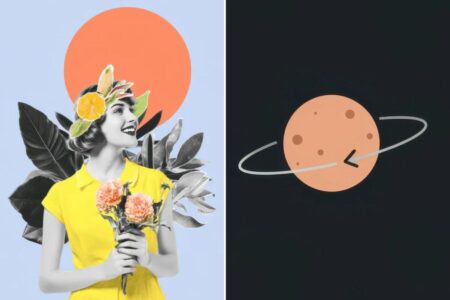Call it pee-cycling.
Just in case people thought airline food was inedible: Astronauts on future missions to the Moon and Mars could subsist on a brand new “space food” that is concocted from thin air and urine, the European Space Agency (ESA) announced.
“This project aims at developing a key resource which will allow us to improve human spaceflight’s autonomy, resilience and also the well-being of our astronauts,” said Angelique Van Ombergen, the ESA’s chief exploration scientist, the Independent reported.
Developed by Finnish startup Solar Foods, Solein, as it’s called, is a highly versatile and fuel-efficient powder that’s manufactured from microbes, air and electricity via a gas fermentation process.
Meanwhile, the key ingredient, urea — an organic compound found in urine — provides the essential nitrogen source for synthesizing protein in space. On Earth, this process is facilitated by ammonia.
The ESA’s goal is to test to see if the micturate moonshine can be manufactured aboard the International Space Station (ISS) as part of a project called HOBI-WAN (“Hydrogen Oxidizing Bacteria In Weightlessness As a source of Nutrition”).
“The aim of the project is to confirm that our organism grows in the space environment as it does on the ground, and to develop the fundamentals of gas fermentation technology to be used in space — something that has never been done before in the history of humankind,” Arttu Luukanen, senior vice president of space and defense at Solar Foods, said in a statement, per Space.com. “The behavior of gases and liquids in microgravity is vastly different due to [the] lack of buoyancy, which can drastically affect the transport of nutrients and gases for Solein microbes.”
They’re not just whizzing into the wind, either. With SpaceX and other agencies eyeing missions to Mars in the future, sustaining astronauts on these long-distance voyages becomes increasingly crucial.
Currently, the ISS is supplied by food that’s manufactured on Earth and brought to the station, which is fine for low-orbit missions but would be impractical — financially and otherwise — for long-haul trips.
“For human beings to be able to implement long-duration missions on the Moon, or even one day, to go to Mars, will require innovative and sustainable solutions to be able to survive with limited supplies,” declared Van Ombergen. “With this project, the ESA is developing a key capability for the future of space exploration.”
The team will initially focus on developing the sustainable tech terrestrially on Earth over eight months, whereupon, if successful, the manufacturing process will be trialed in a micro-gravity environment aboard the ISS.
The team hopes that eventually Solein will become the staple food among astronauts.
“This project is just the beginning – We are working towards reaching operational capability: being able to produce Solein in a range of production scales in space,” said Luukanen. “Our vision is that by 2035, Solein is the mainstay protein of space explorers.
Read the full article here














